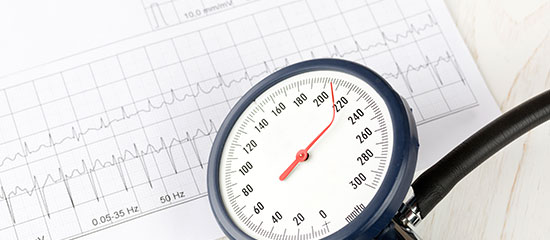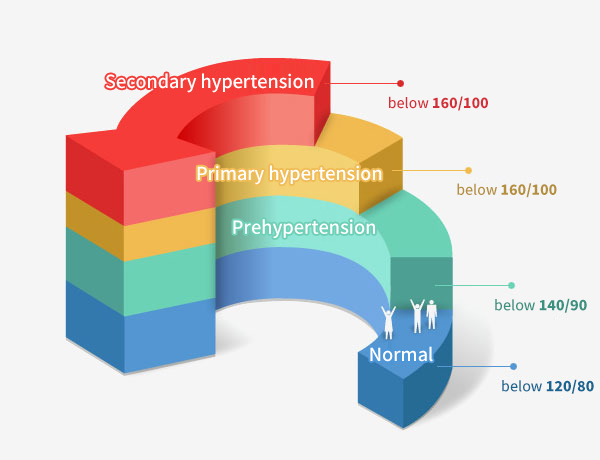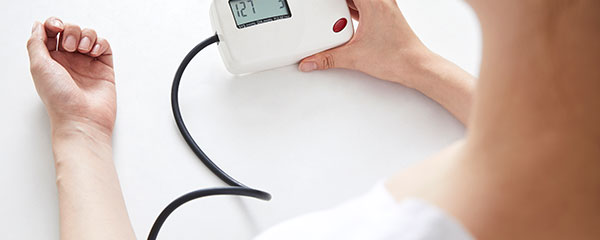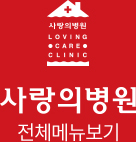internal medicine
Internal Medicine Clinic

01
What is hypertension?
Hypertension refers to the case when blood pressure present is above 140mmHg systolic or above 90mmHg diastolic, and it casues various complications throughout the body such as coronary artery disease, stroke, renal failure, etc., resulting in directly threatening patient's health and life. However, generally hypertension is not diagnosed until blood pressure is measured as it has no symptoms, and even after it is diagnosed, the need of treatment is not be felt due to no symptoms.
02
Why does hypertension occur?
Hypertension is classified into 2 types depending on the cause of occurrence.
Primary hypertension (Essential hypertension) - 90~95% of hypertention patients
It means hypertension with no specific causes. It is more likely to be hereditary, gradually increases with age, and the occrrence rate is higher in areas where salt consumption is high.
Secondary hypertension (subsquent hypertension) - 5~10% of hypertention patients
It means hypertension occurred by various causes such as kidney disease, adrenal disease, thyroid disease, pregnancy, drugs, etc. It is relatively higher than primary hypertension and tends to appear suddenly.
03
Do I have hypertension?
Hypertension is usually diagnosed when the average maximum/minimum blood pressure of two measurements is above 140/ 90mmHg.

04
Reason why hypertension, the silent killer, is dangerous
Hypertension is called silent killer since it normally has almost no symptoms and is difficult to be self-aware until it becomes serious.
Other symptoms of hypertension
Headaches (particularly in the morning, at the back of the head), dizziness, sleepiness or consciousness disorders, sensory impairment in hands and feet, paralysis, shortness of breath, chest pain, swelling of the face/arms/legs, etc.
05
How to treat hypertention?
In the case of prehypertension, most are diagnosed as not high to need medication, but it means that 'if not managed, hypertension will develops' not that 'medication is not needed'. Once medicine is used in order to treat hypertension, it is important to keep taking it for the rest of life. It is possible to reduce dose or to stop taking as blood pressure is well managed, but even in that case, it must remembered that hypertension is not completely cured.

-

Treatment for prehypertension Stop smoking, healthy eating habits (reducing salt intake, avoiding overeating, having potassium, etc.), maintaining proper body weight, exercising at least 30min. daily, moerate in drink, managing stress, measuring blood pressure regularly
-

Treatment for primary hypertension (concurrent therapy) Life management therapy (treatment for prehypertension) and medicinal therapy
-

Treatment for secondary hypertensionImmediate medicinal therapy in order to prevent complications cause by hypertension and to reduce blood pressure to the targeted level continual management of complications
06
Dietary therapy for hypertension patients
07
Why is hypertension not cured well?
Hypertension is a condition which needs management, not treatment. It is difficult to cure hypertension with medication,
but it is possible to reduce blood pressure to the normal level. However, the misjudgements and experiences of patients who suffered from not controlled blood pressure after arbitraily stopping taking medications has brought the misunderstandings about that hypertension is hard to cure. Patients who maintain normal blood pressure level for a long time may gradually reduce a dose or stop taking according to the diagnosis of their doctors. But blood pressure rises back in most cases, so patients start to take medication again. It shows how medication is important for hypertension patients.



